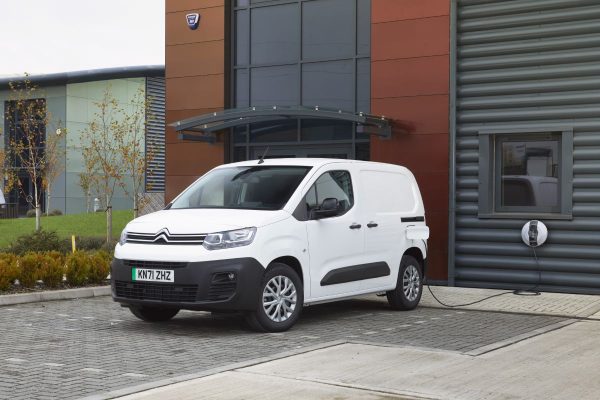WHETHER you are looking to get your first car or have been driving for decades and fancy a change, there are many things you need to think about before making a decision.
There are thousands of cars to choose from to suit a wide variety of budgets. If the vehicle is brand new, you may also be able to select from a range of many internal functions, including cruise control, heated seats, and satellite navigation.
Finding the car best suited to you is a big decision, so it’s certainly not something that you should rush into. Here are 3 things to consider when choosing a new car.
What size of car do you need?
What you use your car for is a huge factor to consider when narrowing down models that might be of interest. If it’s a family car you are looking for, then space will probably be one of your biggest considerations.
Many vehicles have additional seating hidden in the boot space, which is great for ever-growing families. If you only use your car once in a while, something smaller might be your ideal option. Not only can they be cheaper to run, but can also be far easier to park, particularly if you live in a busy town or city.
Appointed Representative Opportunities with Wessex Fleet
Have you thought about growing your broker business? Are you looking for opportunities for growth? Then why not consider joining Wessex Fleet as an Appointed Representative?
Keeping you on the move with leasing solutions tailored to your needs
Leasys is the proud Contract Hire partner of the Stellantis brands, offering mobility solutions from medium and long-term rentals to management systems for company fleets.We work with Brokers to support all their customers requirements.
Accelerate your business with QV Systems & Leaselink
Unlock unparalleled efficiency in vehicle procurement with QV Systems’ Accelerate, now seamlessly integrated with Ebbon Automotive’s Leaselink. Tailored for brokers and funders, this integration streamlines the entire process from quote to delivery, empowering you to effortlessly source and order vehicles for your clients.
It is also wise to check the boot space each model offers, as you might be surprised how much they can vary. Don’t be fooled into thinking that because it’s a big car, there will automatically be a decent sized boot. That is not always the case, so make sure that your vehicle of choice provides the storage that you need.
Lease or buy?
There are pros and cons to both leasing and buying, but there is no right or wrong answer. It just depends on your situation and what you feel most comfortable with.
When you lease a car, you are essentially renting it out for an agreed period at an agreed monthly premium from the dealership. For many, the idea of paying for a vehicle you don’t own doesn’t appeal, but leasing does have its merits.
If, for example, the latest luxury or top rated cars on the market are of interest to you, but you don’t have the necessary funds, leasing may make it achievable. When the lease period is over, you simply hand the vehicle back and pay whatever is due in relating to surplus mileage, and any damage that the vehicle has sustained during your ownership.
If you like the idea of having a new vehicle every three or so years without the hassle of buying and selling, then leasing might be the way to go.
Buying outright is far simpler. You fund the purchase with a bank loan or cash, agree on a price, and the vehicle is yours. If you are taking out a bank loan, shop around for the best deal. Interest rates can be hefty, so be sure to factor those in when calculating the total cost of the car. If you have the cash to pay outright and don’t like the idea of being in debt, buying could be the best choice for you.
Are the running costs affordable?
Although the aesthetics of the vehicle and how well it performs on the road will play a main role in your decision, don’t forget that it must be affordable month to month. It’s all very well driving around in your dream car, but if it’s making a large dent in your bank balance each month, it could be short-lived.
If you usually cover a hefty number of miles during the year, fuel efficiency is a big consideration. Find out how many miles to the gallon you should expect to get and calculate approximate fuel costs.
Whilst the price of diesel is usually higher than that of petrol, it has a higher energy content, so you will get more miles from a tank. Electric cars are also something to consider if you want to keep running costs to a minimum. There are more charging points now than ever before, and this will continue to grow as petrol and diesel vehicles are phased out.
Another cost that can add to your monthly or yearly spend is insurance. The size of your engine, age of the car, and the mileage you are doing will all play a part in the overall premium calculation. It’s a good idea to get an estimated cost before you sign on the dotted line, or you could be in for a nasty shock.


















